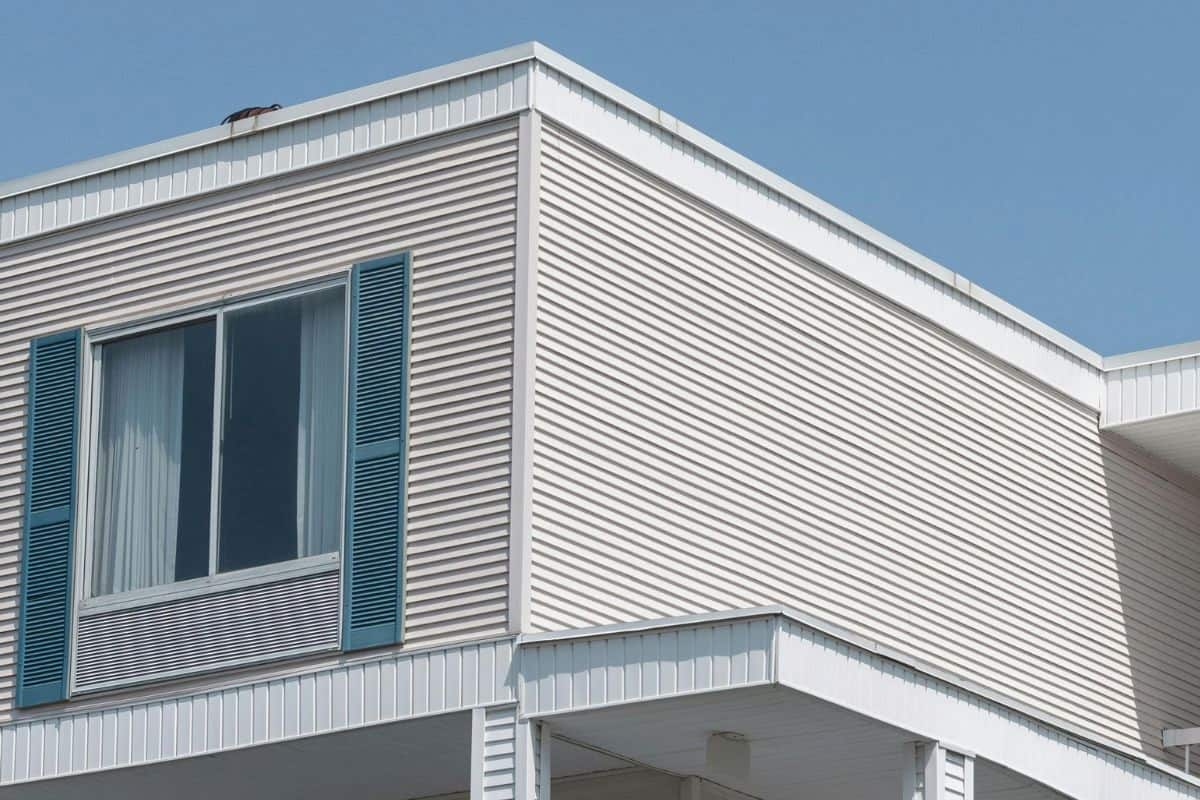
Investing in high-quality materials should be nonnegotiable if you’re considering upgrading or replacing your home’s siding. Not only does it …
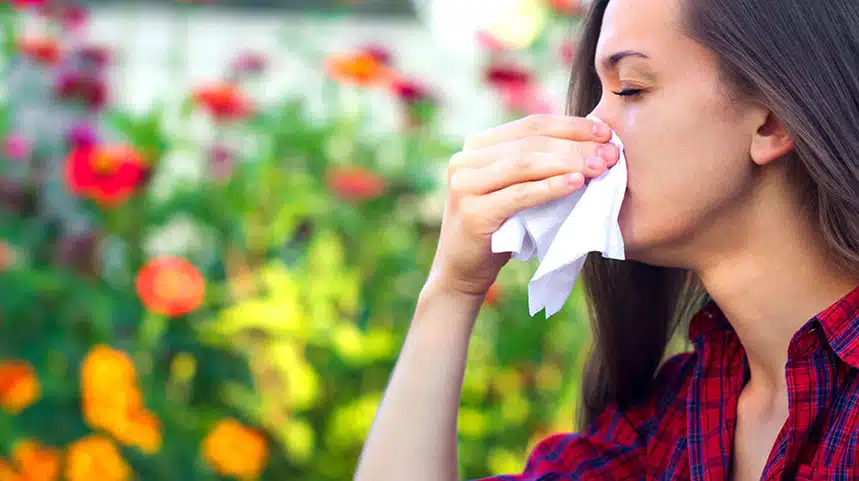
From sneeze-inducing levels affecting allergy sufferers in places like Arkansas and Tennessee to the fine yellow mist that has doused Washington, DC, this fine, light dust has been a real problem this year. There are many strategies to keep pollen from infiltrating your home but today let’s talk about how to properly clean pollen off the outside of your home.
For those who aren’t armchair botanists, pollen is a very fine, light dust that easily travels through the air and is composed of organic matter that comes from plants, trees, flowers, grass and weeds, which helps the fertilization process to make more plants. The reason it’s a problem is that it can have many different formulations and the pollen from trees, weeds and grasses can make allergy sufferers particularly miserable.
The most effective way to clean exterior walls is a common device that can be found at any hardware store called a pressure washer. Scrubbing exterior walls or decks isn’t necessary because the high pressure of the water can move pollen off very quickly, but use caution not to damage wood or softer materials because of the high pressure of the device. You can also add detergent to the reservoir to loosen stubborn pockets of pollen.
For walls or surfaces that are more difficult to get to, you’ll have to use a bit more elbow grease. You can combine a portion of warm water with a couple of shots of dishwashing detergent in a plastic spray bottle to make a pretty powerful cleaning product that works on pollen. Shake the bottle well until suds begin to form inside the bottle and then follow spraying the stuff on walls, decks or other surfaces with a good scrub brush.
Helpful hint: this method can also help you clean things like screens or outdoor furniture where pollen tends to settle as well. Remove cushions from chairs and other patio furniture if possible. If you can’t, simply spray the areas that you can get to, followed by a thorough scrubbing with a brush, then rinse the items with running water. You can also finish patio furniture with a fabric protectant as well.
Finally, dry the places you’ve cleaned as quickly as possible not only to avoid more pollen getting on them, but also to prevent more serious problems like mold and mildew. Finally, there are a few strategies you can use to prevent pollen from seeping from the outside of your home into the interior. Keeping your car in a garage will help prevent it from getting absolutely coated with pollen and if a garage isn’t available, regular rinses at your local drive-through car wash can help prevent the problem. It’s tempting to open up the house during our beautiful spring and summer weather, but unless you want to experience allergy symptoms, it’s better to keep the windows and doors closed and check your HEPA filters regularly to ensure pollen isn’t coming in through your HVAC system. Wiping your feet on a doormat and regular dusting can help as well.
It sounds like a lot of work to keep the outside of your home, and it is, but spending the time to regularly decontaminate the outside of your home from pollen will make you and your loved ones a lot more comfortable during this sudden burst of pollen across our country.

Investing in high-quality materials should be nonnegotiable if you’re considering upgrading or replacing your home’s siding. Not only does it …
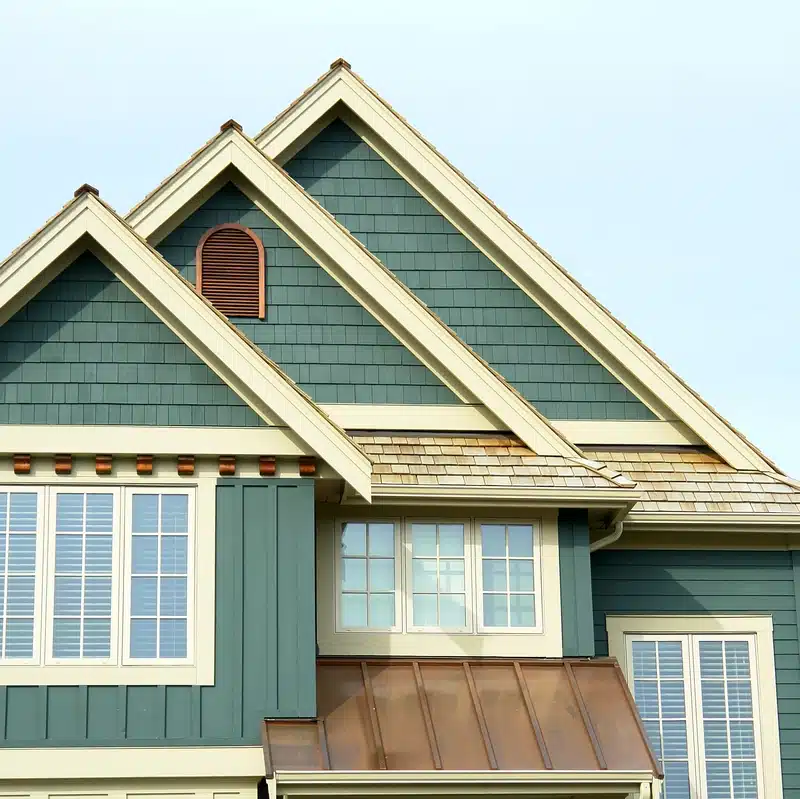
Once you’ve determined what key functions you want your siding to have, you then have to choose a style. There …
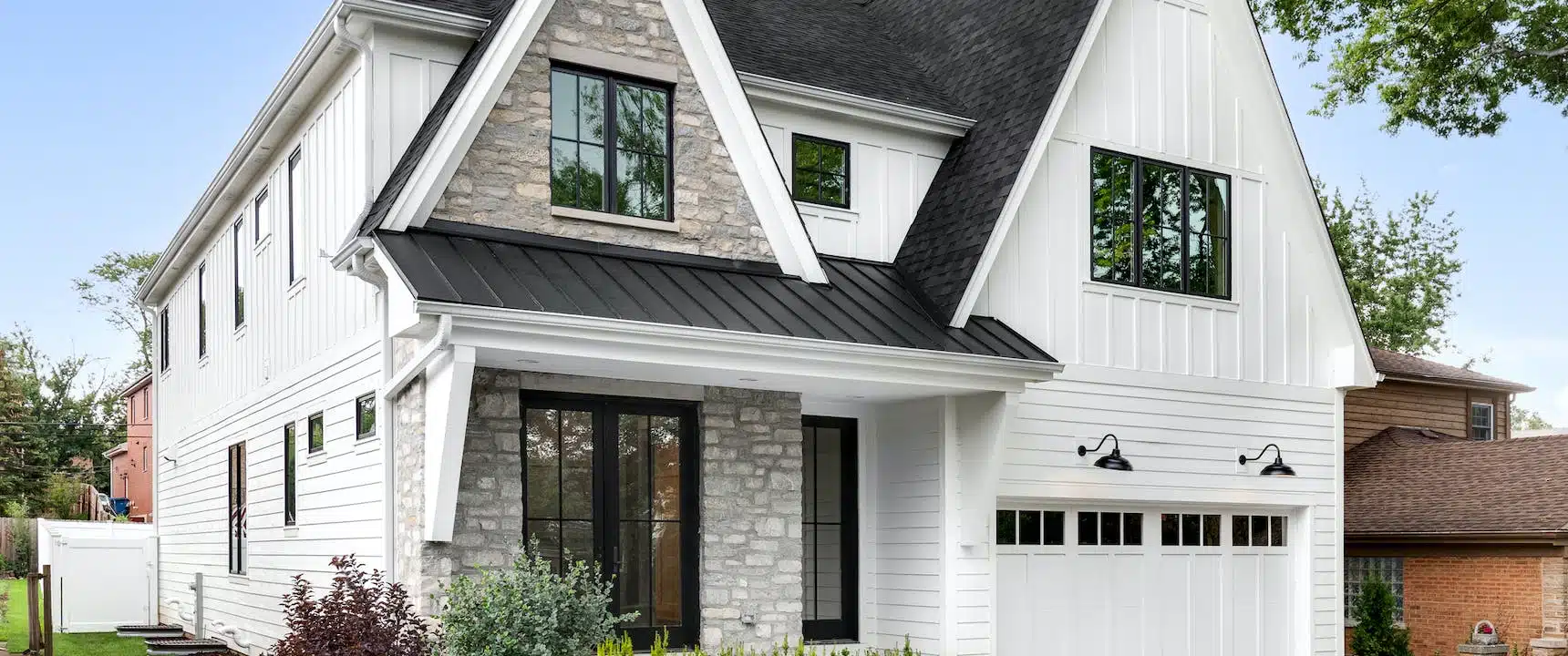
Vinyl siding is great for the exterior of your home if you want something hassle-free and low maintenance. The material …

Thinking about getting new siding? Here’s why it’s so important to make the right choice. What differentiates the best house …
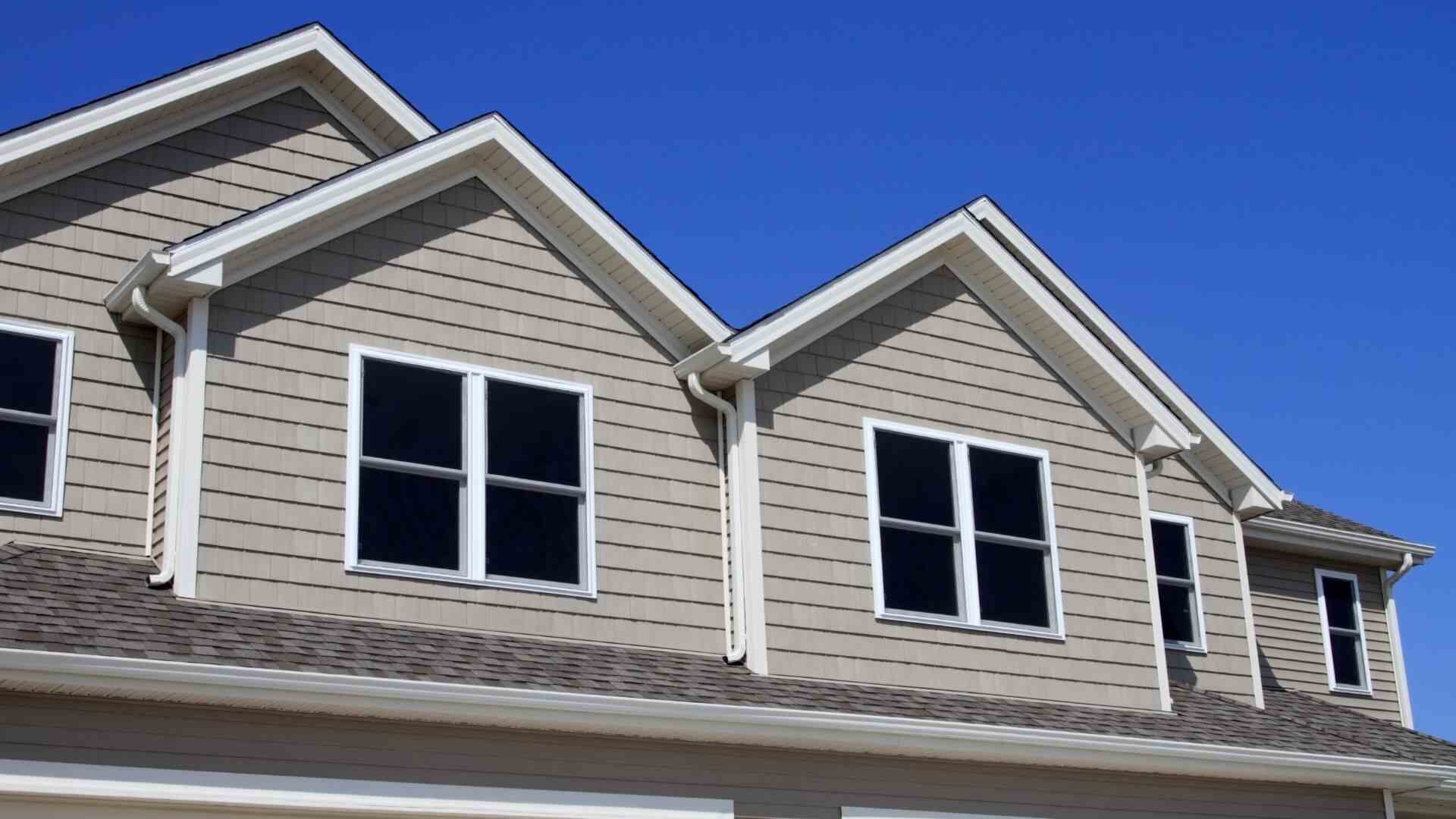
Siding is more than just a facade. It’s the frontline of your home’s defense against the elements. Thus, it’s crucial …

In this guide you’ll learn: What is board and batten siding? When you’re considering different siding options, going with something …